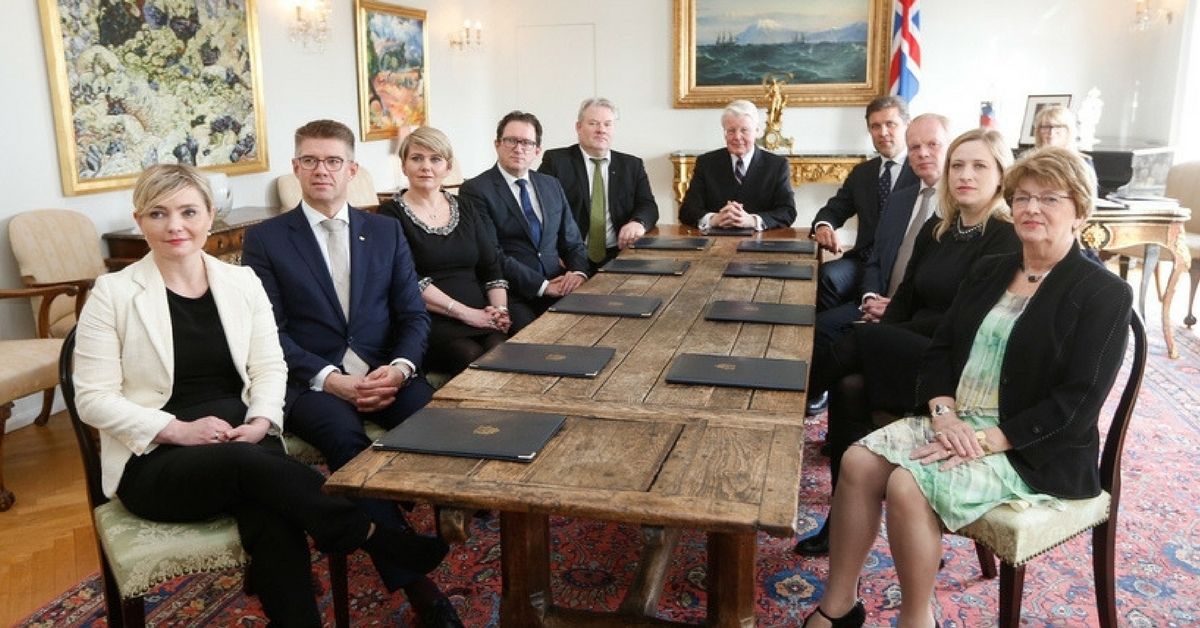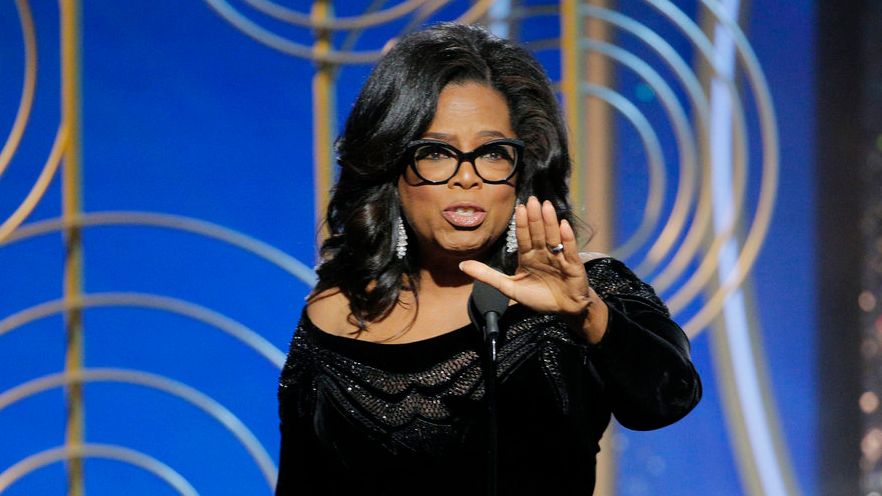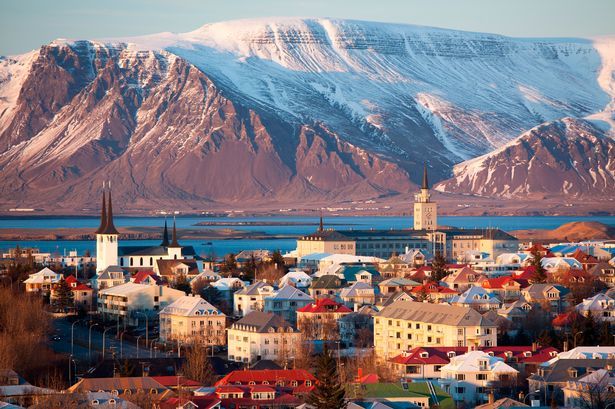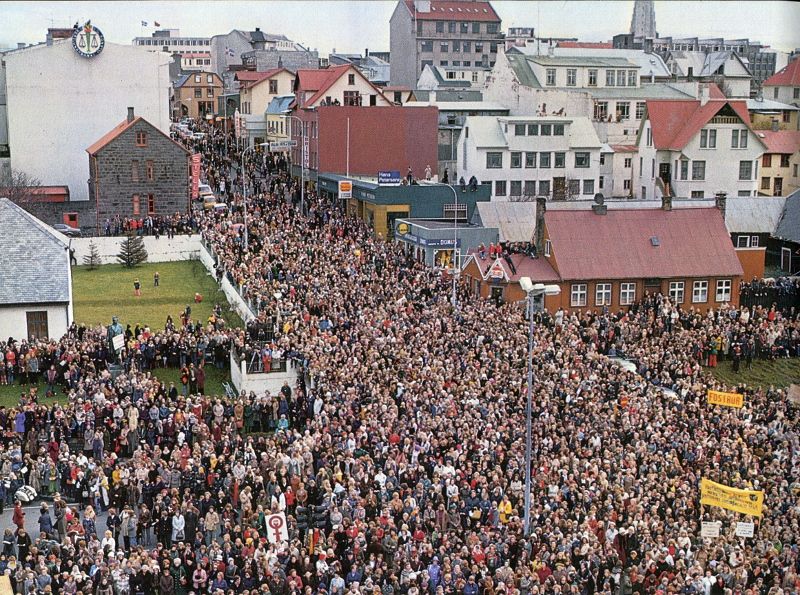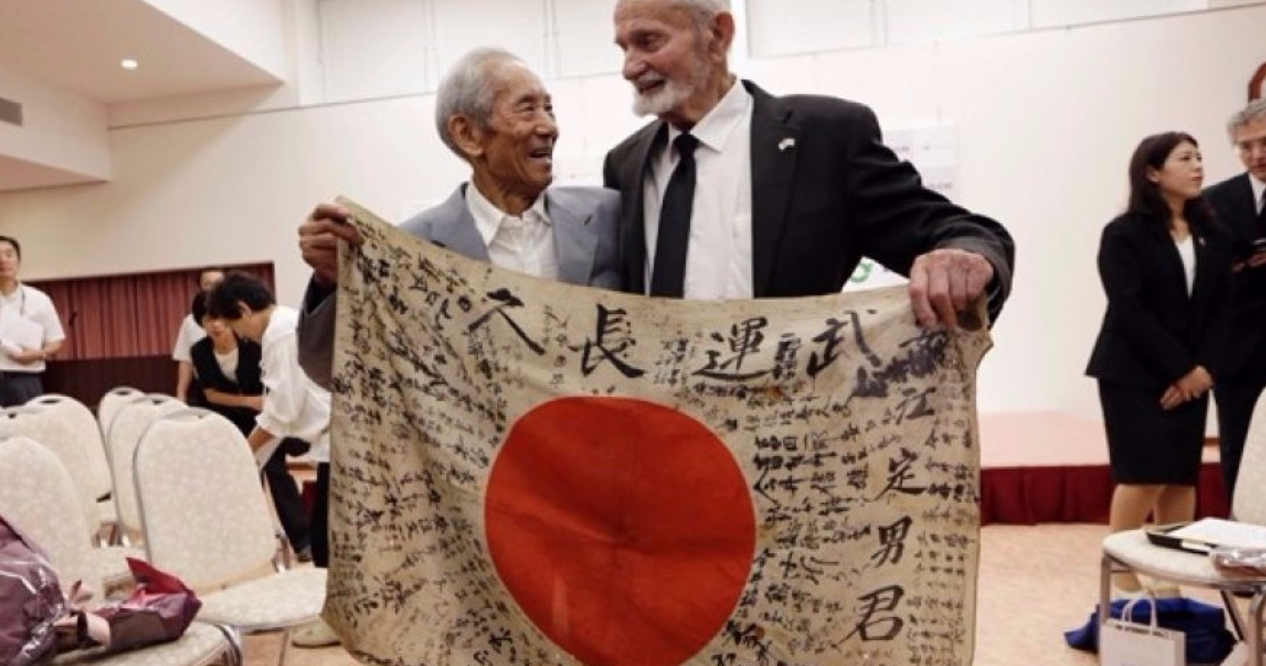If 2017 has taught us one thing, it's that women are not just going to stand around and play second fiddle any longer.
We saw the push for women's rights in marches and public demonstrations, online movements demanding equal treatment in the workplace, and the rise of the #MeToo movement that has shattered the sexual harassment atmosphere of Hollywood.
However, this isn't the end of the war for gender equality, and we will all have to do our part if it is to come to fruition.
One nation in particular has taken a bold stride in defending the rights of their female population.
Historically, Iceland has championed the equality between sexes, especially after a particular day in the seventies after one of the largest demonstrations of political unrest.
The UN had named 1975 "Women's Year" however, the differences between genders were still very dramatic in the country. So on October 24th, 90% of the female population went on strike both in workplaces and at home.
The country saw their economic and domestic lives break down, as the loss of women from these environments proved to be a stopping force for the nation.
Within five years of the protest, Iceland had it's first female president, and since then the advancement of women's rights has progressively grown.
In that vein, lawmakers of the small Nordic country have continued the fight by making it illegal to pay men and women different wages based solely on their gender.
Since 2009, Iceland has been ranked as the most gender-equal country, and it appears it will continue to hold that title!
